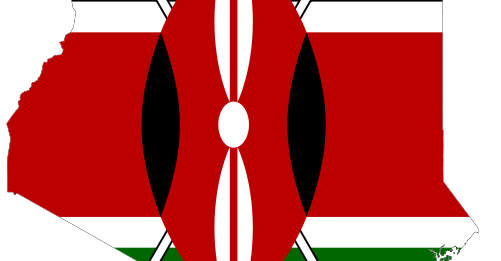We, Kenyans for Peace with Truth and Justice, are concerned about the ongoing debates, declarations and the ethnic mobilization aimed at the International Criminal Court and the elections process generally. While we do recognize the right of all people to assemble and congregate in any part of the country, we are concerned and appalled by the apparent driving force and purposes of these congregations.
In the recently concluded GEMA Limuru II and the KAMATUSA meetings in Eldoret, the groups’ religious and cultural “leaders” made a raft of declarations and demands around the ICC process and the elections whose effect is to mobilize a total of 5 million signatures to lobby parliament into petitioning the UN Security Council to seek a deferral of the Kenyan cases at the ICC in order to facilitate “fair elections”.
Let us be clear. The UN Security Council only acts to defer cases at the ICC where it is convinced that there is a threat to peace. We hope the latest attempt is not meant to be a veiled warning of violence. Let it also be clear that a postponement of the trials means postponement of justice both to the accused and victims. Why are we seeking to defer justice?
Kenya has already made a highly publicised but unsuccessful attempt to influence the UN Security Council to defer the ICC cases against the original six suspects. The attempt to revive this petition by collecting signatures is an indication that the groupings, by dint of their declarations are bent on ensuring that the elections shall not be perceived to be free and fair if the Kenyan cases before the ICC are not deferred. The ICC process is a legal process and as has been noted by representatives of the Court is not premised on the electoral calendar.
Further, the declarations and the meetings are exclusive to seven (7) of the more than 40 ethnic communities in Kenya. This goes against the spirit and letter of the Constitution; the very Constitution that the two parliamentarians who are accused and several of their sympathizers swore to protect and uphold. In particular, actions that result in ethnic polarization contravene Article 10 of the Constitution, which enshrines the national values of national unity, inclusiveness and social justice.
We therefore:
· Note that the so-called “prayer meetings” are contrary to the spirit of Article 10 of the Constitution, which calls for patriotism, rule of law, national unity, social justice and inclusiveness. We commend the religious leaders who have spoken against these prayer meetings and pledged not to offer their pulpits as platforms for sowing seeds of ethnic discord.
· In unequivocal terms, condemn the ongoing ethnic mobilization and polarization, which, we note, was one of the factors that led to the 2007/8 post-election violence. In the same breath, we call upon the police and the National Cohesion and Integration Commission to monitor, investigate and prosecute any activities that may lead to ethnic polarization even if held under the auspices of “prayer” or “cultural meetings”.
· Wish to set the record straight by reminding Kenyans that the ICC is a court of law and not a political court; and that Kenyans should, therefore, not be hoodwinked into believing that a public petition can interfere with or stall the ongoing ICC cases. We urge the citizens of this country not to be drawn into any processes of building exclusive ethnic blocs for the political expediency of one or two individuals and that may cause more Kenyans to lose their lives or suffer further injustices.
· Take exception to the recent comments by the Minister for Justice, Hon. Eugene Wamalwa, to the effect that his Ministry has nothing to do with the ICC process. By virtue of its functions and mandate the Ministry of Justice, National Cohesion and Constitutional Affairs is charged with making policy on administration of justice, social justice, elections and national cohesion, which then makes it integral in the ICC process.
· Call upon the Ministry of Internal Security and Provincial Administration to play its rightful role in the implementation of the International Crimes Act, 2008.
· Call on all responsible agencies to be vigilant about the safety of the ICC witnesses in light of the recent attempts to expose presumed ICC witnesses. This should be viewed as a broader scheme aimed at defeating the ICC process through intimidation. Further, we note that this is a violation of the conditions for release set by the ICC Pre-Trial Chamber II to the accused not to directly or indirectly interfere with witnesses.
Signed:
Atsango Chesoni,
Executive Director, Kenya Human Rights Commission

 Kenyans for Peace with Truth and Justice (KPTJ)
Kenyans for Peace with Truth and Justice (KPTJ)